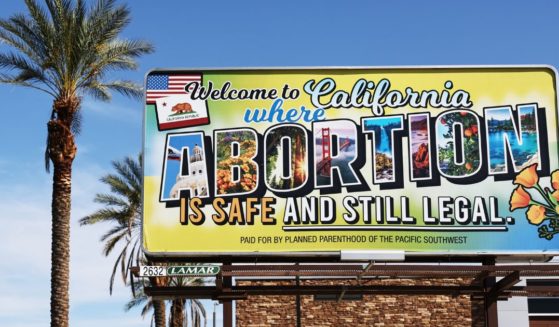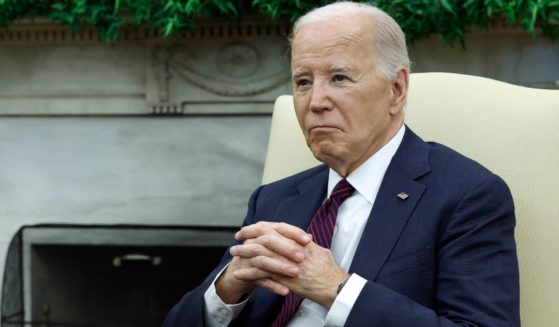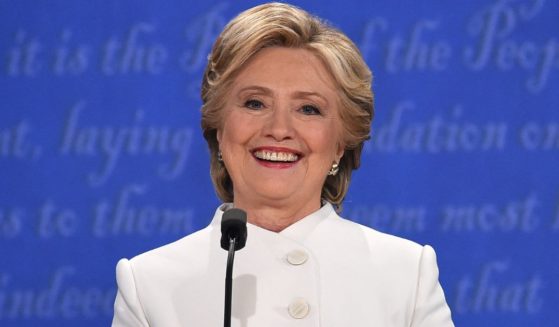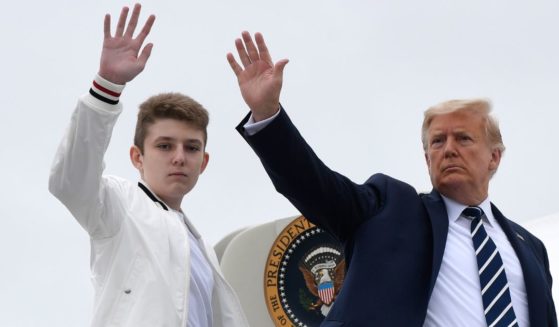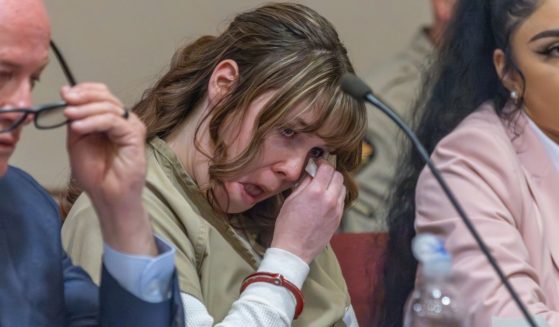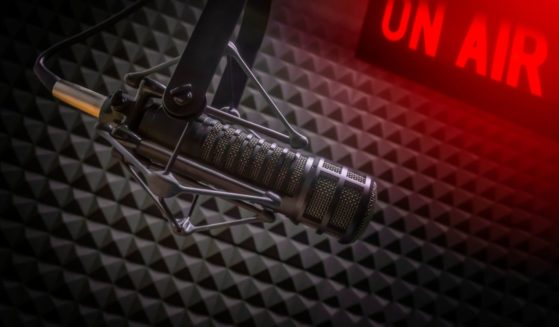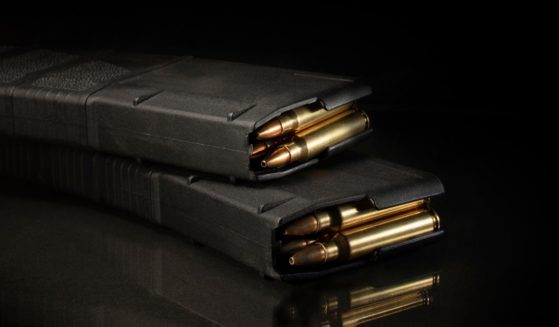McConnell Explains Why $2 Trillion Coronavirus Bill Isn't a 'Stimulus Package': 'It Is Emergency Relief'
Senate Majority Leader Mitch McConnell argued Wednesday that the newly agreed-upon third phase of coronavirus pandemic relief legislation is not a “stimulus package.”
The potentially historic $2 trillion emergency aid package was not meant to stimulate a post-collapse United States economy, McConnell explained from the Senate floor.
With unemployment at a 50-year low and trade breakthroughs recently made with China, Canada and Mexico, the economy had no need of stimulation prior to the viral outbreak.
Wednesday’s newly crafted legislation was meant purely to hold American businesses and families over in an economy placed “on ice” in unprecedented fashion amidst a global health emergency, he said.
“This is not even a stimulus package,” McConnell said.
“It is emergency relief. Emergency relief, that’s what this is.”
McConnell: No economic policy could fully end the hardship so long as the public health requires that we put so much of our nation’s commerce on ice. This is not even a stimulus package. It is emergency relief.
— Chad Pergram (@ChadPergram) March 25, 2020
“No economic policy could fully end the hardship so long as the public health requires that we put so much of our nation’s commerce on ice,” McConnell added.
But the legislation on the table would “help the people of this country weather this storm,” he said.
This is not the first time McConnell and his Senate colleagues have brushed away claims the “phase three” relief effort is a “stimulus,” according to The Hill.
“Nothing I’ve laid out so far will represent a typical economic stimulus in the way we think of that term,” McConnell said amid discussions surrounding a previous version of the bill.
“Nobody — nobody — expects that employment figures, or the stock market or GDP growth will bounce right back to where they were a few weeks ago.”
GOP Sen. Steve Daines of Montana has taken a similar tone, referring to the bill simply as a “rescue” effort.
“First they called it a stimulus, then they called it a recovery package. I think this should be called a rescue package,” Daines said, suggesting its provisions would serve to “rescue this economy, to rescue these jobs, the small business owners.”
Final details of the new “phase three” relief package had been hashed out between White House representatives and a team of bipartisan legislators into the wee hours of Wednesday morning, following Democratic blockage of a previous version drafted by Republicans.
According to CNN, those details — not yet officially revealed to the American public — include the provision of $850 billion for small business and distressed company loans, $250 billion for unemployment benefits and another $250 billion for the direct cash payments to American individuals and families suggested in recent weeks by the Trump administration.
Senate leaders expected the new deal to pass sometime Wednesday, so long as procedural efforts go off without a hitch.
Four prominent Republican senators, however, have already threatened to oppose fast-tracking the bill, warning specific unemployment-related language within the sizable package would allow unemployed individuals collect more money from the government than from their jobs, thus incentivizing layoffs.
Formerly at the helm of prior relief legislation negotiations with Trump administration Treasury Secretary Steve Mnuchin, Democratic Speaker of the House Nancy Pelosi has also expressed some concerns regarding the package, but is reportedly “optimistic,” according to NBC News.
The speaker hoped for the House to pass the Senate package by unanimous consent, CNN reported, though she later acknowledged that likely wasn’t feasible.
Truth and Accuracy
We are committed to truth and accuracy in all of our journalism. Read our editorial standards.

